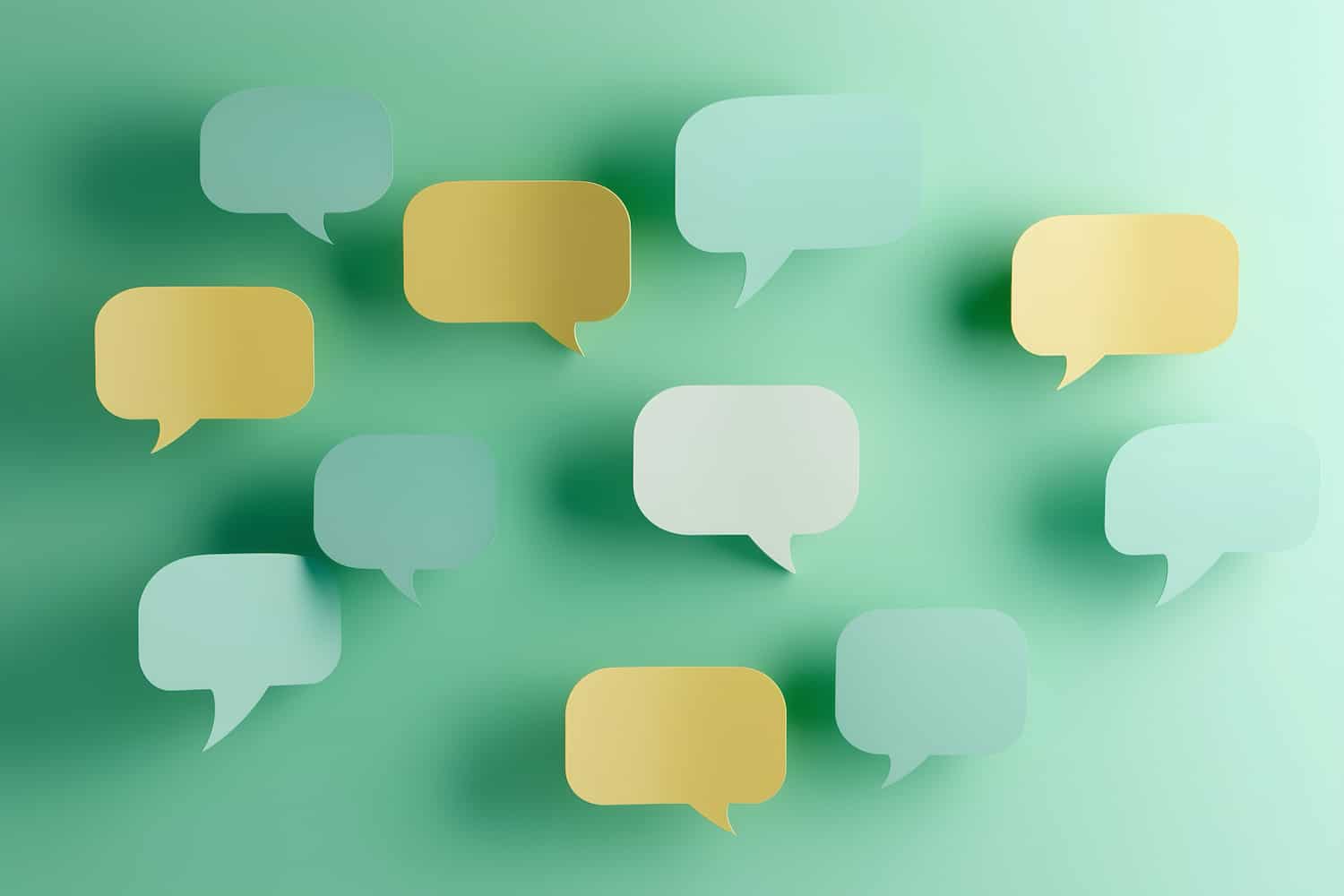 Friends and family are often in a bind when it comes to helping someone who is struggling with a drug or alcohol addiction. You want to be helpful and supportive of your loved one when it comes to getting addiction treatment and making sure they are getting their obligations met. But you don’t want to help to the point of enabling their behavior.
Friends and family are often in a bind when it comes to helping someone who is struggling with a drug or alcohol addiction. You want to be helpful and supportive of your loved one when it comes to getting addiction treatment and making sure they are getting their obligations met. But you don’t want to help to the point of enabling their behavior.
Enabling can encourage your loved one’s addiction, and could seriously magnify the problem. Here are six signs to watch out for to determine if your behavior is less helpful and more enabling:
- Providing financial support: If you’re providing your loved one with cash without knowing what it’s for, you may be enabling their addiction. Even if they ask for money for another legitimate-sounding concern, such as a health issue or to fix their car, they may really be using it to buy drugs or alcohol. Don’t give your loved one money unless you’re absolutely sure they are using it for a reason other than drugs or alcohol.
- Cleaning up their mess: Do you cover for your loved one when they miss work or school? Have you picked them up at bars in the early hours of the morning or bailed them out of jail? If you can answer yes to any of these questions, you’re enabling their addiction. An addict needs to take responsibility for their life and their actions. By constantly helping them evade responsibility, you’re making their addiction worse and helping them destroy their career and life.
Stop Being An Enabler.
For More Information about Helping A Loved One
Call Us At: (310) 455-5258
- Entertaining abuse: Has your loved one ever verbally or physically abused you but you just dismissed it as a result of their addiction? This behavior should never be tolerated, whether or not it’s a result of addiction. If you accept this behavior, you are enabling their addiction.
- Not confronting them: Are you afraid of confronting your loved one about their behavior because you fear they’ll get angry or defensive? There’s a good chance that will happen, but addiction is a problem that requires you to show some tough love. A drug or alcohol addiction won’t go away on its own, and often requires people close to the addict to confront them about the problem.
- Indulging together: While you may not have your own addiction, it’s never a good idea to partake in drugs or alcohol with a loved one who is addicted. This will not only encourage them to continue to abuse drugs or alcohol, but they’ll feel you approve of their behavior.
- Covering their responsibilities: It’s tempting to want to help your loved one with their daily responsibilities, such as picking their kids up from school or completing work assignments. But those aren’t your responsibilities. By taking over your loved one’s responsibilities, you are enabling their behavior and giving them less incentive to get addiction treatment.
These are just some enabling behaviors that can be making it more difficult for your loved one to take a good look at their actions, admit there is a problem, and enter addiction treatment. While it’s not always easy to set boundaries, putting a stop to these enabling behaviors may be what is needed for your loved one to realize the impact of their behaviors and finally get help for their addiction.
If you or a loved one are struggling with addiction or mental illness, please call us at (310) 455-5258 or submit the form below to learn more about our treatment programs in Los Angeles.



